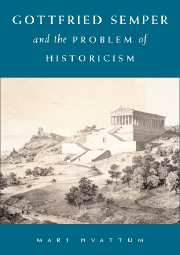Prolegomenon
Published online by Cambridge University Press: 06 August 2009
Summary
In October 1848, the British Museum received a remarkable shipment from Constantinople. Austen Henry Layard – adventurer, archaeologist, and diplomat – had started his Middle Eastern excavations in November 1845, in fierce competition with the French archaeologist Paul Emile Botta. Less than two months later, he unearthed a monument last mentioned in the Old Testament: King Ashurnasirpal II's palace in Calah. In the years that followed, until 1854 when the Crimean War put an end to such financial extravaganza, an extraordinary collection was assembled in London. With the magnificent sculptures and bas-reliefs depicting hunts, battles, and sacrifices, the Assyrian treasures formed a pictorial chronicle of a forgotten civilisation (Figure 1).
The arrival in London of Layard's Assyrian find caused both celebration and unease. It strengthened the status of the British Museum as a seat of ancient art, but it also threatened the classical principles upon which both the institution itself and its recently inaugurated building were based. The event challenged the view of ancient Greece as the autochthonous cradle of art, indicating that Greek classicism – widely regarded as a symbol of the dignity and superiority of Western culture – had its roots in the ‘barbarian’ East. Layard's collection shook nineteenth-century art history to its foundations and had a prffound effect upon the incredulous audience who witnessed its arrival in Bloomsbury. Among the audience was a German architect temporarily stranded in London: Gottfried Semper.
- Type
- Chapter
- Information
- Gottfried Semper and the Problem of Historicism , pp. 1 - 6Publisher: Cambridge University PressPrint publication year: 2004



